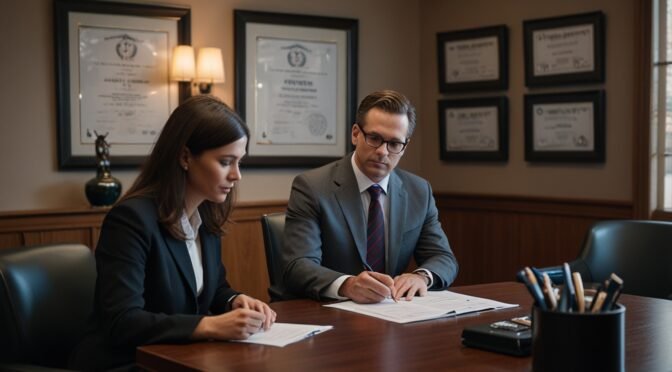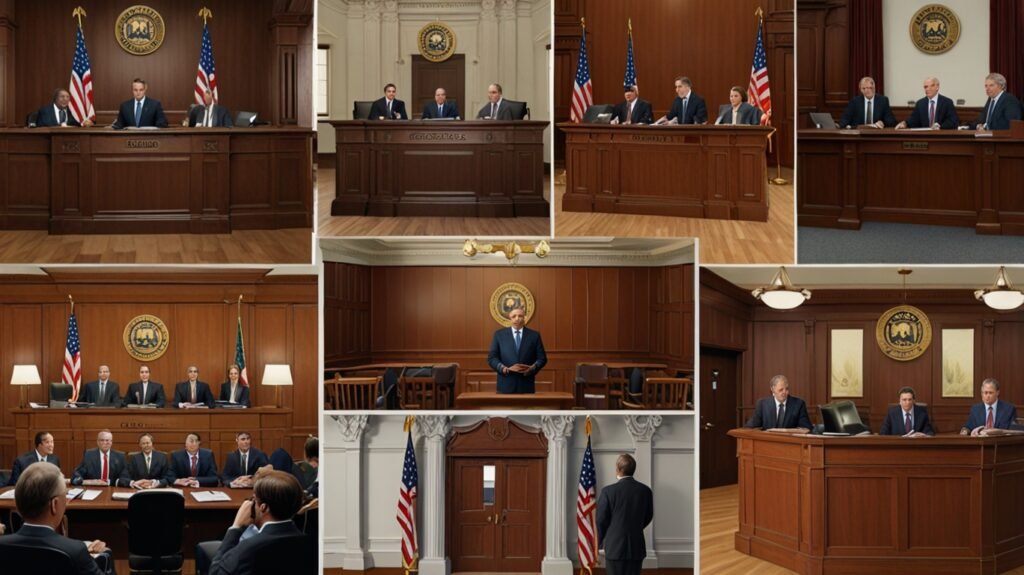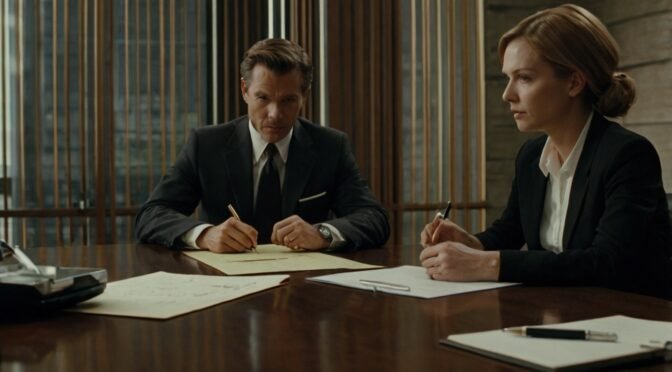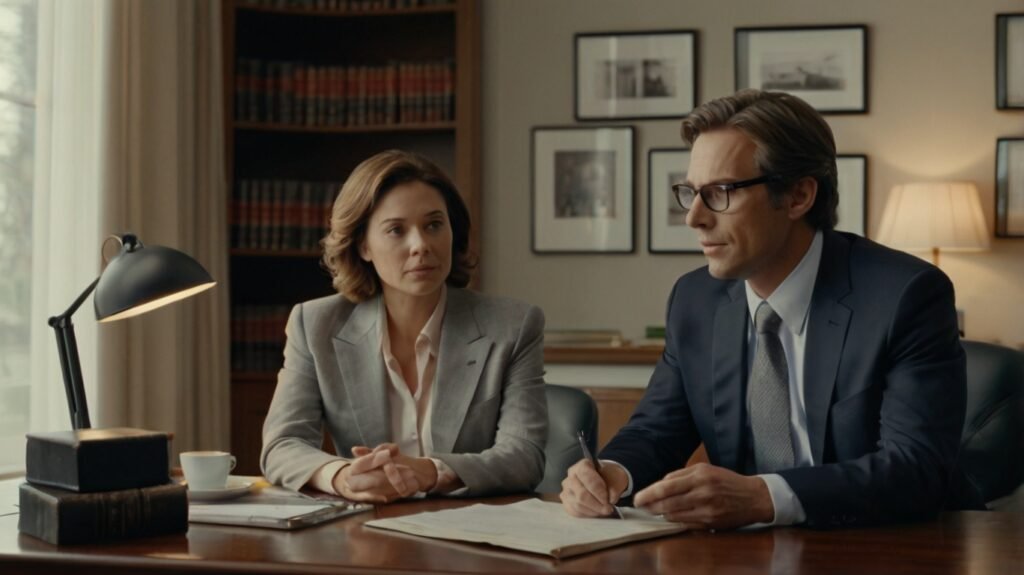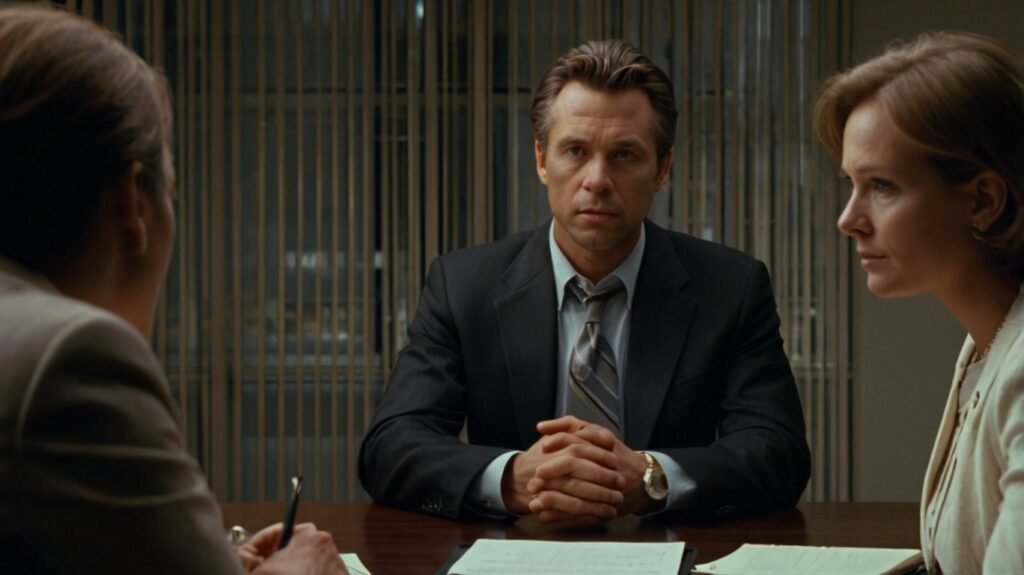Table of Contents
- Introduction: Why Immigration Law Isn’t a DIY Job
- Understand the Role of an Immigration Lawyer
- Know the Benefits of a Free Immigration Consultation
- How to Prepare for Your Immigration Lawyer Consultation
- What to Expect During the Consultation
- Look for an Immigration Lawyer Near You
- Don’t Overlook the Role of a Notary Lawyer Near You
- Choose a Lawyer Based on Experience, Not Just Cost
- Final Thoughts : Your Immigration Journey Needs Legal Expertise
Introduction: Why Immigration Law Isn’t a DIY Job
In today’s fast-changing immigration systems across the USA, UK, Australia, and Canada, trying to navigate complex legal forms and deadlines without expert help is risky. The process involves ever-evolving laws, strict eligibility criteria, and overwhelming paperwork.
That’s where a skilled immigration lawyer becomes your greatest asset — someone who not only guides you but legally protects your case every step of the way. And yes, free immigration consultations are real — and they’re your first step to securing qualified representation.
Understand the Role of an Immigration Lawyer
An immigration lawyer is more than a paperwork assistant. They:
- Interpret and apply national immigration laws
- Advocate for your rights with immigration authorities
- Handle complex issues like deportation, asylum, waivers, and appeals
- Help you transition legally — whether through family sponsorship, work visas, or student visas
This is a licensed legal expert — not an agent or consultant.
Know the Benefits of a Free Immigration Consultation
Many lawyers offer immigration lawyer free consultations to assess your case. These consultations are valuable because they:
- Help you understand your eligibility
- Reveal potential risks in your application
- Provide a fee estimate
- Allow you to ask key questions
This is also your chance to compare legal professionals before committing.

How to Prepare for Your Immigration Lawyer Consultation
Make the most of your free immigration consultation by coming prepared:
- Bring identification (passport, visa copies, permits)
- Collect key dates (entry dates, visa expiration, prior applications)
- Prepare questions (e.g., “What is my best option?” “What are my chances?”)
The more accurate your documents and goals, the better the lawyer can advise you.
What to Expect During the Consultation
During your meeting, a qualified immigration lawyer will:
- Review your situation in detail
- Explain legal options tailored to your case
- Highlight application timelines and risks
- Offer realistic expectations
They’ll also walk you through attorney-client privilege and explain their fees.
Look for an Immigration Lawyer Near You
You might wonder, “How do I find an immigration lawyer near me that I can trust?” Use these resources:
- American Immigration Lawyers Association (AILA)
- Law Society of Ontario
- UK Law Society – Find a Solicitor
- Local directories and reviews (Google Maps, Avvo, Yelp)
Make sure they are licensed, specialized in immigration law, and have experience in your type of case.

Don’t Overlook the Role of a Notary Lawyer Near You
In immigration, some documents must be notarized — and that’s where a notary lawyer near me comes in.
They can:
- Notarize affidavits, powers of attorney, or translated documents
- Certify copies of ID or educational documents
- Validate immigration declarations or sponsorship forms
Especially in the UK and Canada, lawyers often act as notaries too — giving you two services in one.
Choose a Lawyer Based on Experience, Not Just Cost
Immigration is high-stakes. Choosing a lawyer only because they’re the cheapest can backfire. What to look for:
- Track record with similar cases
- Clear communication
- Transparent fees
- Willingness to provide updates
Remember: good lawyers can save you from expensive delays and rejections.

Final Thoughts: Your Immigration Journey Needs Legal Expertise
Whether you’re applying for a work permit, permanent residency, or refugee status in the USA, Canada, UK, or Australia, choosing the right immigration lawyer matters. From your free immigration consultation to court representation, a qualified legal expert will maximize your success — and minimize your stress.
Your future deserves nothing less.

